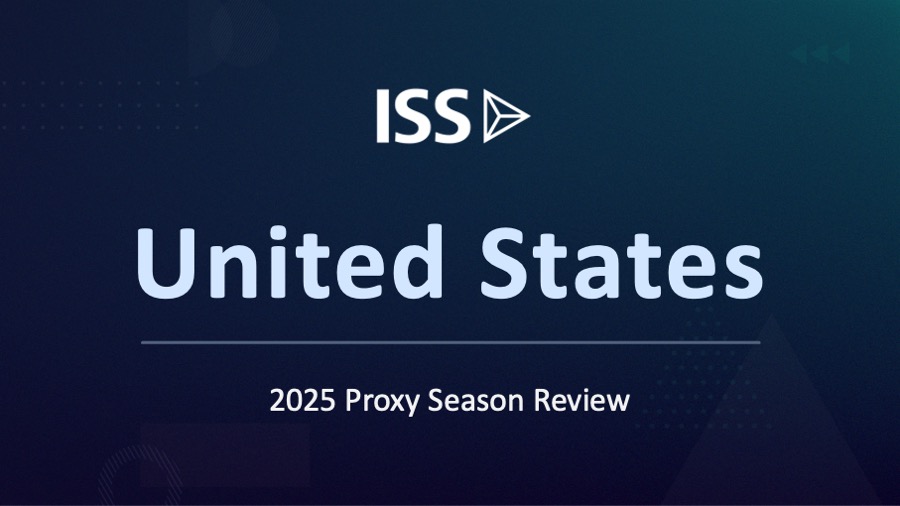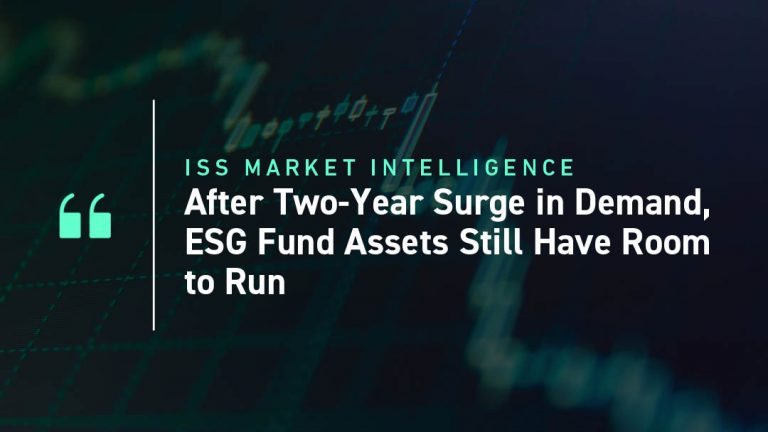Below are key takeaways from ISS’ recently released 2025 Proxy Season Review – US Director Elections & Governance. The full report is available to institutional subscribers by logging into ProxyExchange then selecting the Knowledge Center and its Library tab and to corporate subscribers by logging into Compass then selecting Governance and the Governance Library or Governance Exchange tab.
- Investor dissent against directors declines again: For the third consecutive year, the number of directors who failed to receive majority support declined. The proportion of Russell 3000 Index directors who received less than 80 percent support also declined.
- More companies targeted with Vote No Campaigns: The total of 23 companies targeted represents an increase from 16 companies in 2024, while the number of proponents declined.
- Concerns regarding accountability and board responsiveness appear to be significant factors in directors receiving less-than-majority support: A perceived lack of responsiveness to governance and capital structure issues continued to be a significant driver of low director support.
- Shareholder proposals regarding special meeting rights dominated: Proponents focused their efforts on shareholder proposals regarding the right to call special meetings, with certain proposals seeking to eliminate the one-year holding requirement.
- SEC published updated guidance on shareholder proposals and the active/passive investor distinction: New guidelines for the analysis of “no-action” requests on shareholder proposals will consider whether the subject of a proposal has a nexus with the company’s business. New Compliance & Disclosure Interpretation indicates that an investor may no longer qualify as “passive” (and eligible to file on Schedule 13G) if the investor conditions its voting on actions taken by the company.
If you are not a subscriber, please contact sales@iss-stoxx.com (for institutional investors) or contactus@isscorporatesolutions.com (for corporations) to learn more about accessing bespoke governance research.
By:
Marie Johnson, Gabriel Needell




